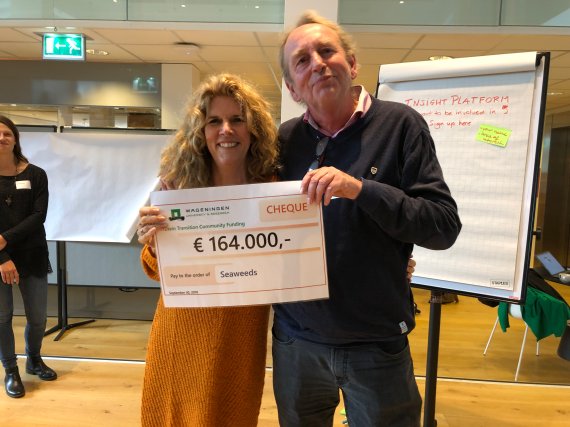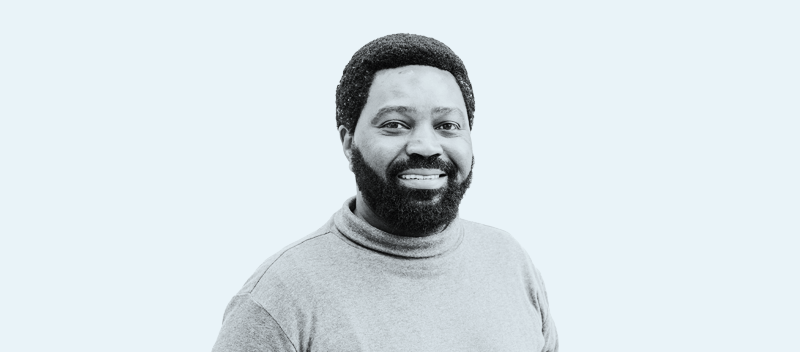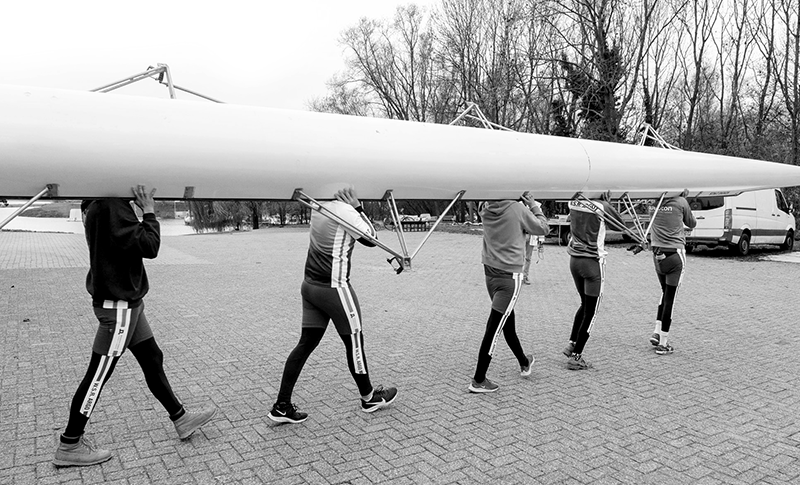Around 700 WUR employees had a say in research funding for the first time. Four Wageningen research projects related to protein transition were chosen, the Protein Transition Community Fund announced on Monday 30 September.
A seaweed project led by Adrie van der Werf got the most money: 164,000 euros. This project aims to use seaweed to make crops such as tomatoes and onions more resistant to salinization and drought. The project will investigate how much seaweed extract exactly is required in order to increase production in saline or dry soils, says Van der Werf, Biobased Economy coordinator at Wageningen Plant Research.
The second project to be selected is Jeroen Hugenholtz’s Microbial Meat. It aims to develop meat substitutes by fermenting vegetable proteins. The Community Fund is investing 134,000 euros in the project. The West African protein crops project was also singled out, receiving 114,000 euros. This project, led by Gijs Kleter, aims to improve West African pulses for the local market and for export to Europe. The fourth project is called Tasty Proteins. These researchers want to find out why consumers do or don’t like the taste and texture of meat substitutes. This project, headed by Guido Sala, will get 88,000 euros.
Protein transition is one of WUR’s investment themes. Stacy Pyett and Emely de Vet, who are coordinating this research theme, will be able to spend 1.25 million euros a year on it over the next four years. In addition to the 500,000 euros for the Protein Transition Community Fund, Pyett and De Vet are investing in seed projects for young researchers, directed calls for experienced researchers and outreach projects for communication with sector players and consumers. The amounts involved are not huge. The grants will let Wageningen scientists try out a concept or application, after which they can apply for further funding from the Dutch Research Council or the EU.

 The winners Adrie van der Werf and Ingrid van der Meer with their cheque, Photo: Petra de Boer
The winners Adrie van der Werf and Ingrid van der Meer with their cheque, Photo: Petra de Boer 

